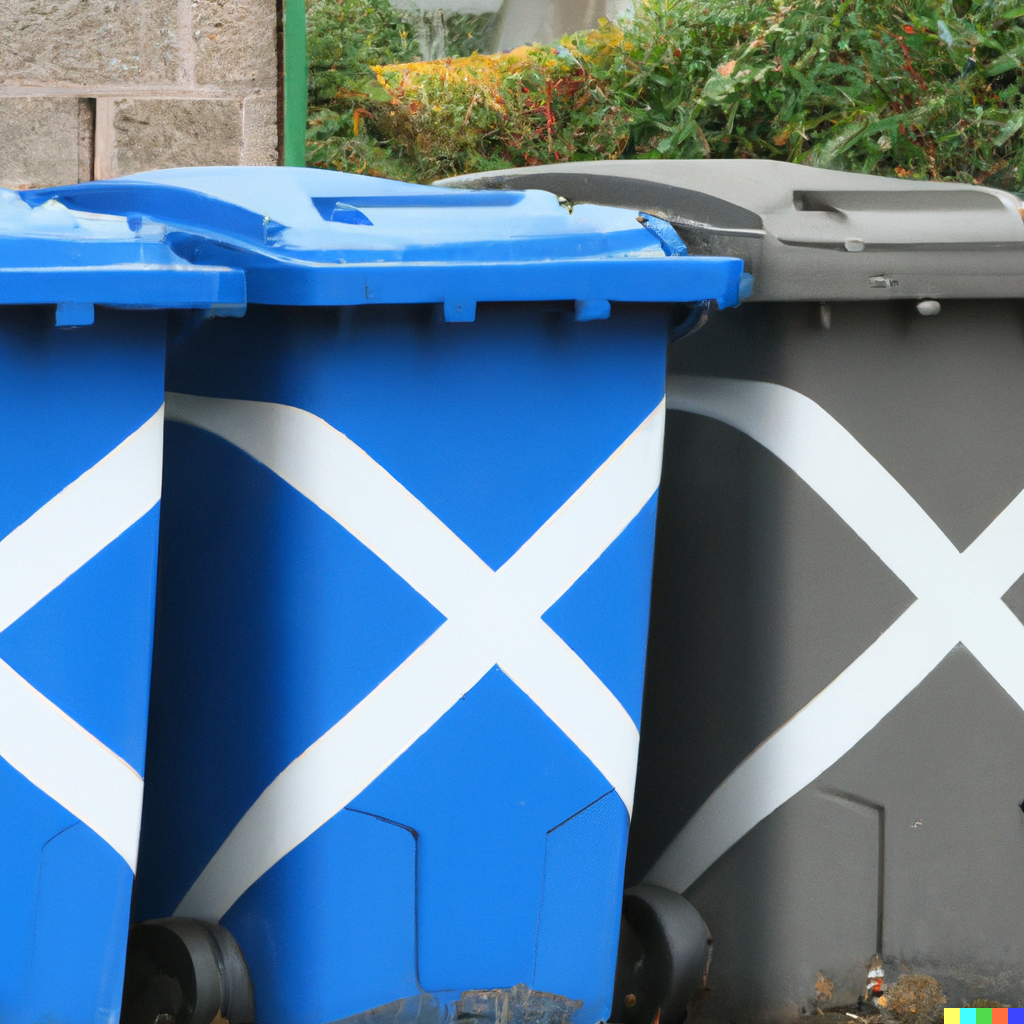Standout measures from the consultation include plans to implement mandatory reporting for food waste and surplus by businesses by 2025/26, develop a ‘product stewardship plan’ which will set materials to prioritise for ‘intervention’ and also a proposal to consult on ideas to ‘modernise’ household waste collections.
Reducing single-use, disposable items like cups, banning the destruction of unsold goods and promoting the reuse of construction materials are some of the other actions being suggested as part of the draft ‘Circular Economy and Waste Route Map’ consultation.
Following an initial consultation in 2022, the new route map sets out a plan for a national reuse and recycling targets along with priority actions needed between now and the end of the decade to help drive Scotland’s transition to a circular economy.
‘Good progress’
Circular economy minister Lorna Slater said: “We have already made good progress across Scotland, significantly reducing the amount of waste we generate and landfill, but we need to go further if reusing and recycling goods is to become the default choice for households, businesses and the public sector.

“For people to do the right thing for the planet, it is crucial that everyone experiences a modern, easy to use waste service. This second consultation sets out our priority actions and the tools we will put in place to help everyone play their part in cutting waste and capitalising on the economic opportunities that a circular economy presents to businesses. I urge everyone to take part.”
Product stewardship
The product stewardship plan will provide a framework for how the Scottish government will prioritise specific products for action, and identify and target actions to tackle their environmental impact over the next decade.
The consultation explained that the government is looking to build on existing producer responsibility schemes through stewardship and consider a wider range of policy tools to drive progress in reuse, repair and refurbishment.
This will include at least “three priority products” for which a range of product stewardship measures will be identified, alongside delivery timelines.
“For each product, we will consider both the action we can take in Scotland under devolved powers, and our expectations of the UK Government where effective action relies on reserved powers,” the consultation said.
The government has proposed that these three products are textiles, mattresses and tyres.
Food waste reporting
The Scottish government said its ‘priority actions’ for reducing food waste are:
- Deliver an intervention plan to guide long-term work on household food waste
reduction behaviour change (by 2025) - Develop with stakeholders the most effective way to implement mandatory
reporting for food waste and surplus by businesses (by 2025/26)
Defra announced in November that the new environment secretary, Steve Barclay, would reconsider mandatory food waste reporting, after plans were previously dropped (see letsrecycle.com story).
The Scottish government also said it will aim to gather evidence about and review interventions that will reduce household food waste.
“This will enable us to develop and deliver a behaviour intervention plan by 2025, focusing on a test of change and improvement approach. This action will help address gaps in food waste reduction behaviour change knowledge,” the consultation states.
Modernising household waste
For household waste, the consultation explained that the government will facilitate a “co-design process for high quality, high performing household recycling and reuse services.
“This means co-designing refreshed service standards that promote high quality reuse and recycling and more consistent approaches across Scotland that reflect best practice and also take account of local context, such as housing or geography.”
This would help “increase transparency and generating more public confidence in the recycling process,” the consultation added.












Subscribe for free